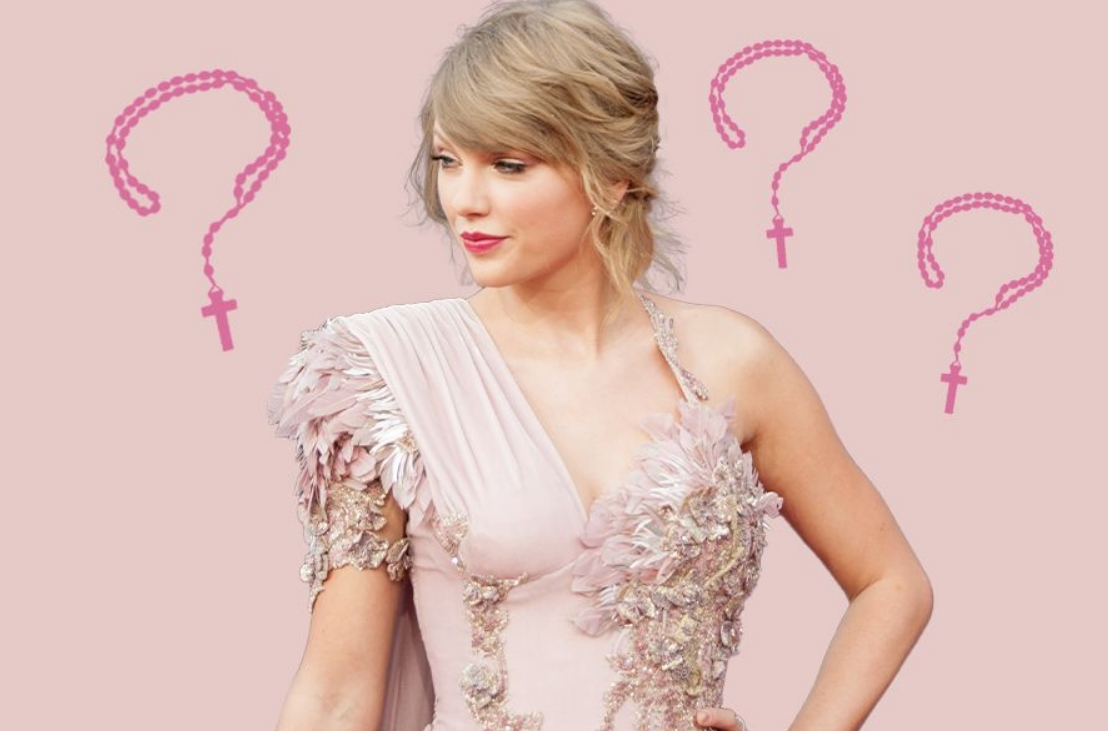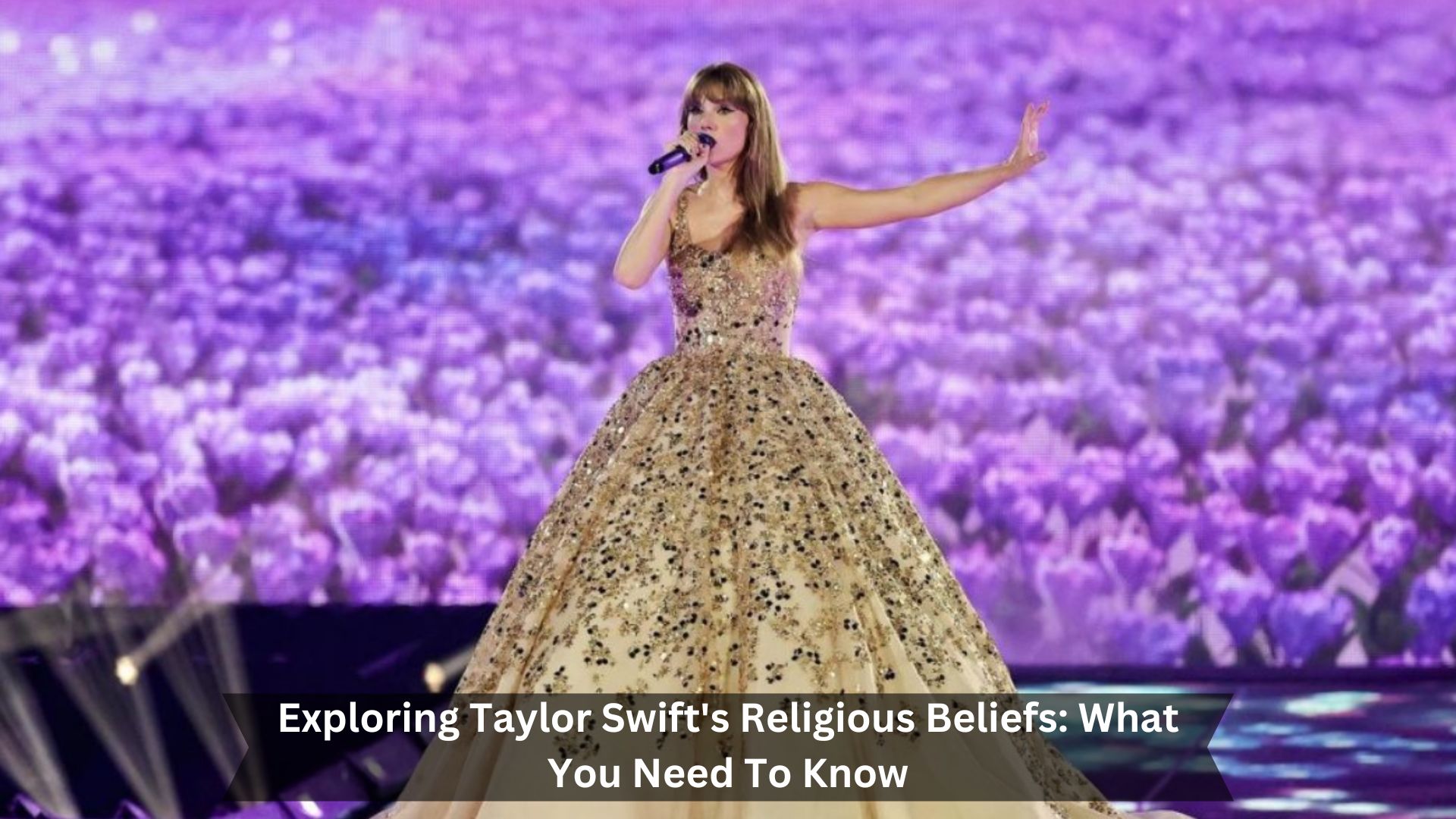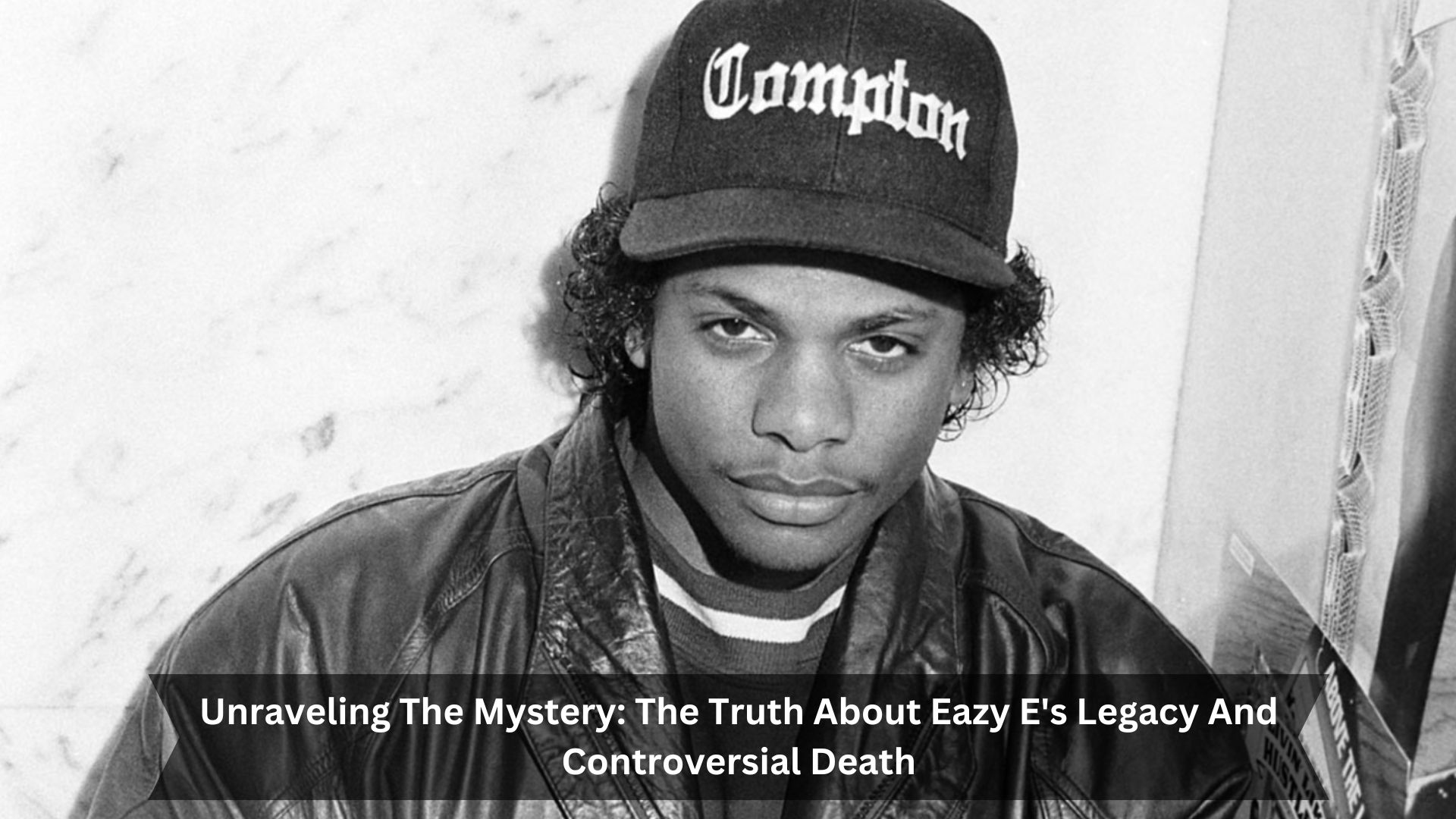Key Takeaways
- Taylor Swift grew up with Christian influences but now embraces a broader spirituality.
- She supports abortion rights, which goes against some traditional Christian views, and stands up for women’s reproductive rights.
- Swift has spoken out against political figures when she feels their actions don’t match Christian values.
- Her support for LGBTQ+ rights shows a move away from conventional Christian beliefs towards a broader spiritual view.
- Swift’s songs and public comments often show her journey to find deeper meaning and her changing spiritual beliefs.
Introduction
Taylor Swift, a significant influence in music and culture, has seen her religious beliefs change over time. Raised in a Christian setting, she followed the values she learned as a child. However, as she grew as an artist and a public figure, her views on faith changed too.
This is clear in her political actions and support for social issues, which often go against traditional Christian conservative values. Her support for LGBTQ+ rights and abortion rights shows a move towards a more open and personal kind of spirituality that connects with a wide range of fans worldwide.
What is Taylor Swift’s Religion?

Her beliefs appear to differ from traditional Christian values
Taylor Swift’s beliefs have changed a lot since she was raised in a Christian environment. She now focuses on a broad, inclusive view of spirituality instead of strictly following the religious teachings from her childhood.
Swift often criticizes political figures who claim to represent Christian values but don’t act with compassion or support equality. She supports human rights and social justice strongly. Her backing of the LGBTQ+ community shows she values unconditional love and acceptance, moving away from traditional religious norms.
She has expressed support for abortion access
Taylor Swift has been a strong advocate for abortion access, showing her commitment to women’s rights and freedom. Her advocacy became especially strong after Tennessee introduced a strict abortion ban.
She openly criticized this ban, arguing that it does not reflect Christian values of kindness and care. Swift expressed her deep disappointment with the ban and promised to support political candidates who stand for women’s reproductive rights.
Her actions show a significant shift from her previous non-political stance, demonstrating her growing role as an activist through her public platform.
The Changing Faith of Taylor Swift

Her strict moral system
Taylor Swift keeps a solid moral code that shapes her life and music. She grew up in a Christian home and often mentioned her faith in her early songs.
Over time, she started speaking up more for LGBTQ+ rights and women’s issues. Her actions, including her public support and charity work, often challenge unfair laws and social norms.
She sticks to her principles, showing a clear and steady moral guide in everything she does.
The controversy surrounding her religious beliefs
Taylor Swift’s religious beliefs have changed over time, causing much discussion among her fans and critics. Initially identified as a mainstream Christian, her later public statements show a more complex spiritual path.
This change became clear when Swift spoke out on political and social issues, challenging the traditional Christian values held by some politicians she disagreed with. Her support for LGBTQ+ rights and abortion access has caused controversy, especially in conservative religious groups.
Swift’s move from a quiet faith to vocal advocacy mirrors a typical pattern of growth seen in many public figures.
Conclusion
Taylor Swift’s religious beliefs have changed over time, moving from her Protestant Christian upbringing to a more open and questioning approach. This change shows the complex nature of personal faith when you’re a public figure.
Swift uses her influence to address social issues, showing how artists can impact discussions on spirituality, ethics, and public policy.






